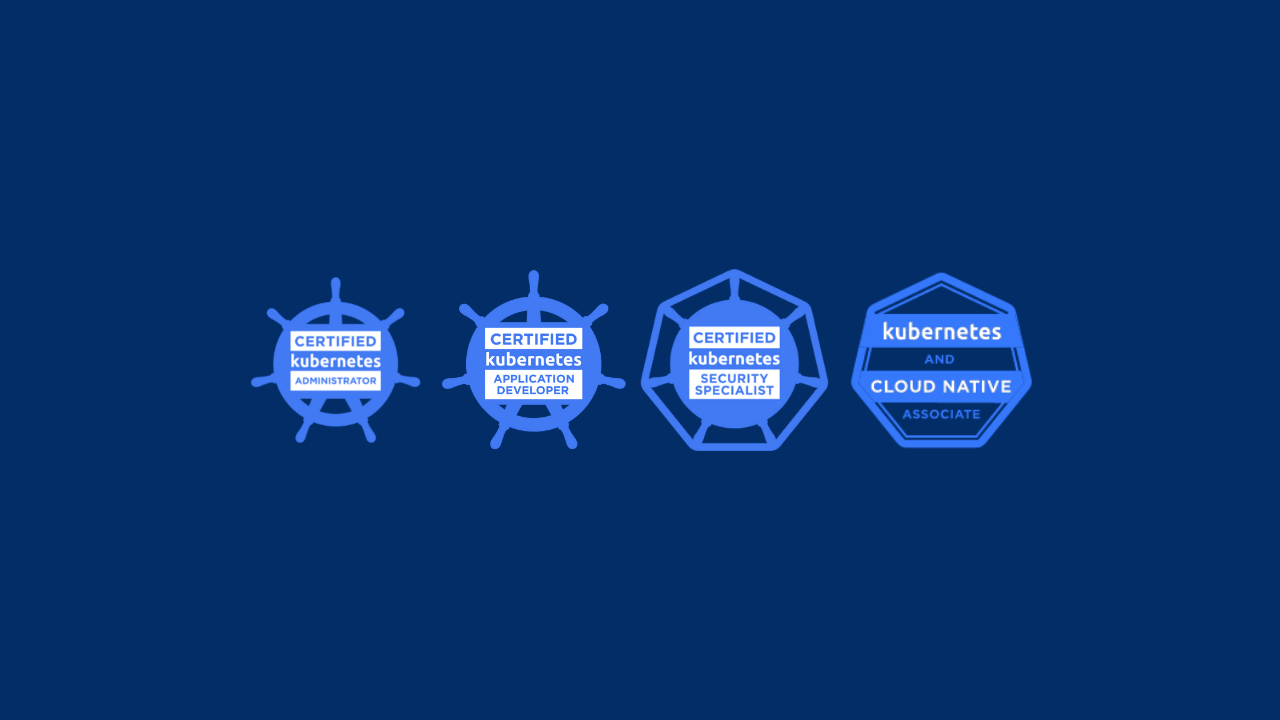Book Review: -Mastering Kubernetes Fourth Edition- by Gigi Sayfan
-
 Gineesh Madapparambath
Gineesh Madapparambath
- Books, Cloud, Dev ops
- August 6, 2023

Mastering Kubernetes Fourth Edition” is an exceptional guide that takes readers on a comprehensive journey through the world of Kubernetes. Authored by Gigi Sayfan and published by Packt, this book serves as an indispensable resource for anyone seeking to delve into the intricacies of Kubernetes and its various components.
The book commences by laying a strong foundation with a thorough exploration of Kubernetes core concepts, accompanied by step-by-step instructions for setting up the learning environment. This beginner-friendly approach ensures that readers grasp the fundamentals before diving into more advanced topics.
One of the standout chapters in the book covers High Availability, Horizontal Pod Autoscaling, and Scalability. The author’s meticulous explanations and practical examples make these complex concepts accessible and enjoyable to learn. Additionally, the comprehensive coverage of Kubernetes security, encompassing Kubernetes hardening, pod security, and cluster security, proves to be invaluable for CKS learning students and anyone focused on securing their Kubernetes environments.
As the book progresses, readers are introduced to deployment strategies and stateful sets. The author’s lucid explanations empower readers to effectively manage their application deployments and adopt best practices in the process.
A highlight of the book is the section that details how to package applications for Kubernetes and outlines the essential best practices to follow. This guidance equips readers with the knowledge to streamline their application deployment workflows and optimize their Kubernetes experience.
The book doesn’t stop at the basics; it delves into advanced topics such as network configurations and multi-cluster management. Gigi Sayfan’s expertise shines through in these chapters, providing readers with invaluable insights to tackle complex networking scenarios and effectively handle multiple Kubernetes clusters.
Furthermore, the book covers essential topics like governance, production best practices, and even delves into the fascinating realm of serverless computing. This breadth of coverage ensures that readers gain a well-rounded understanding of Kubernetes, making it suitable for both newcomers and experienced practitioners.
Get your copy: https://amzn.to/3OJC6Za
I would like to extend my gratitude to Priyadarshini Sharma from Packt for arranging this copy, allowing readers to access such a comprehensive and well-crafted resource on Kubernetes.

Gineesh Madapparambath
Gineesh Madapparambath is the founder of techbeatly. He is the co-author of The Kubernetes Bible, Second Edition and the author of Ansible for Real Life Automation. He has worked as a Systems Engineer, Automation Specialist, and content author. His primary focus is on Ansible Automation, Containerisation (OpenShift & Kubernetes), and Infrastructure as Code (Terraform). (Read more: iamgini.com)
Note
Disclaimer: The views expressed and the content shared in all published articles on this website are solely those of the respective authors, and they do not necessarily reflect the views of the author’s employer or the techbeatly platform. We strive to ensure the accuracy and validity of the content published on our website. However, we cannot guarantee the absolute correctness or completeness of the information provided. It is the responsibility of the readers and users of this website to verify the accuracy and appropriateness of any information or opinions expressed within the articles. If you come across any content that you believe to be incorrect or invalid, please contact us immediately so that we can address the issue promptly.


